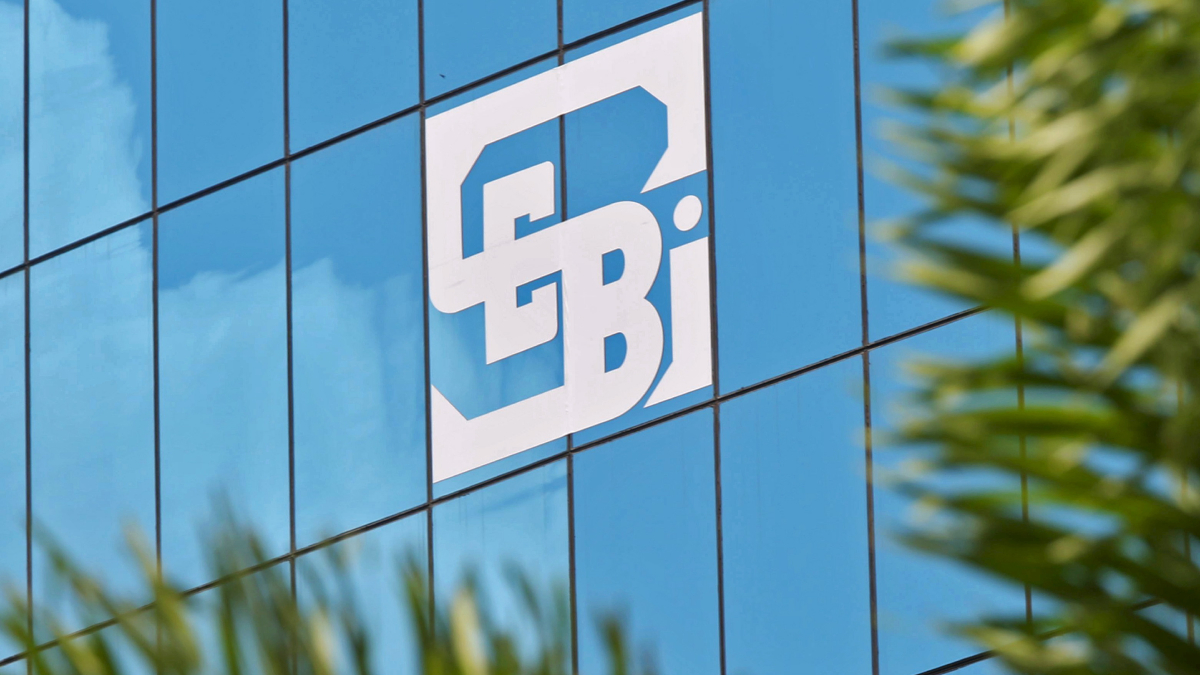Thirty-seven-year-old Manish Sharma (name and professional details changed), an IT professional in Mumbai, lost his father nearly eight years ago due to a disease. When Sharma started going through his investments he realised that the process was not just tedious but there were hurdles galore. The added burden: His father had not named any nominee.
“The documentation process was cumbersome as it required original documents and with my father passing away in a different city, it was difficult,” he said.
For people like Sharma, the Securities and Exchange Board of India’s recent guidelines that introduced a centralised mechanism of reporting the demise of investors has come as a boon. These guidelines will make life much easier for legal heirs to claim their rightful inheritance. This mechanism will be put into effect from January 1, 2024.
“This circular spells out the operational norms including the obligations of regulated entities, including registered intermediaries that have interface with ‘investors’ / ‘account holders’ (used interchangeably) who are natural persons,” states the Sebi circular, adding that listed companies that want to offer their investors, holding physical shares, the beneficial access to such a centralized mechanism are eligible to establish connectivity with KRA (KYC Registration Agency) through their Registrar and Transfer Agents (RTAs).
Sebi’s centralised system will ensure synchronicity between intermediaries and KRAs and it will become much easier to pass on the information of an unfortunate demise to all the parties, said Ashish Pyasi, Independent Counsel. “The responsibility to ensure the rightful dissemination of information will be shared and partially shift from individuals to the intermediaries and the KRAs in this process.” This simplified process will reduce the time to claim inheritance by at least a few months if not years, he added.
However, the legal process of getting the succession certificate is an independent exercise, Pyasi pointed out. Sebi released a circular dated July 23, 2021, mandating the need for securing nominations for mutual funds and demat accounts.
Vikram Dalal, Director of Synergee Capital, said that if the nomination exists, it cannot be misused in any way. “Without nominations, the accounts would get frozen necessitating the requirement of a probate.” Also, without a nominee, the case could fall into a family dispute thus increasing the woes, Dalal added. The moment an individual expires, and their certificate is produced at the bank, the lender is supposed to freeze all accounts, he said.
But even with nominations in place, the process takes time and leads to inconvenience. According to a study by ICICI Bank Group Counsel Pramod Rao and Association of Registered Investment Advisors (ARIA), the family of the deceased person has to deal separately with the norms and procedures of individual entities where investments are held. Despite nominees acquiring control of assets within a reasonable time frame, the transmission needs to be validated through an overburdened court or legal process, the study said.
Sharma strongly feels that the legal documentation process should be streamlined and digitalised.” All the processes where we could potentially get stuck, like in case of whom to approach or how to approach, it should clearly be mentioned in the websites,” said Sharma.
Pyasi pointed out that the only loopholes in this mechanism could be the failure of intermediaries to follow protocol or timely compliance. “Just to ensure that there is no delay in compliance, the regulator could have suggested some measures like penalty,” he said.

